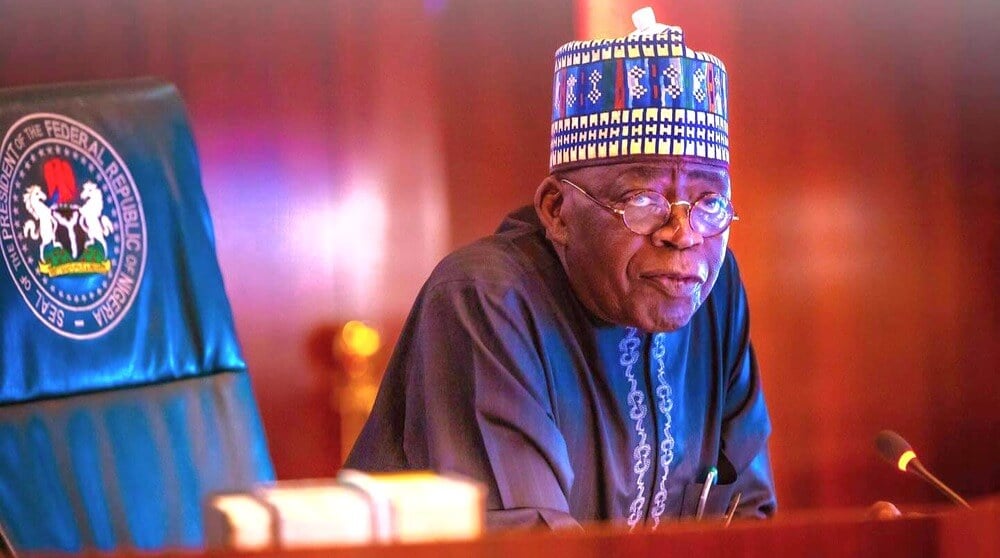The Chairman of the Presidential Committee on Fiscal Policy and Tax Reforms, Taiwo Oyedele, has clarified the implementation timeline of the five percent surcharge on fuel, dispelling speculations that it will take effect from January 2026. Speaking on Channels Television’s The Morning Brief, Oyedele stated that the decision to introduce the surcharge was made to be part of a new law, with a commencement date to be determined by the minister through a gazette order.
Oyedele emphasized that the tax cannot be introduced spontaneously, and any commencement will be based on the minister’s order. He noted that there was an attempt by the Federal Road Maintenance Agency (FERMA) to collect the tax shortly after the law was enacted, but it was halted as the new law stipulates that the collection is not within their purview. Oyedele reiterated that there is no indication that the tax will start on January 1, 2026, and urged the public to understand the correct position.
The introduction of the fuel surcharge has been met with criticism from Nigerians, including the Trade Union Congress (TUC), which has threatened to embark on a strike if the decision is not reversed. However, Oyedele argued that the surcharge was introduced by a previous government in 2007, and not by the current administration of President Bola Tinubu. He questioned the rationale behind the TUC’s threat, stating that the union should have protested when the surcharge was first introduced.
Oyedele also addressed concerns about the potential impact of the surcharge on inflation, highlighting that the real economic burden stems from poor road networks and illegal taxes imposed during transportation. He noted that Nigeria has approximately 200,000 kilometers of roads, with only 60,000 paved, resulting in costly, unsafe, and inefficient logistics. The surcharge, according to Oyedele, will provide the government with funds to maintain the roads.
In assuring Nigerians that the reform initiatives of the Tinubu administration will yield results, Oyedele appealed for patience from citizens. The clarification on the fuel surcharge implementation timeline and the intended use of the funds aim to alleviate concerns and provide a clearer understanding of the government’s fiscal policy and tax reforms. As the country navigates its economic challenges, the government’s efforts to address infrastructure deficiencies and promote efficient taxation are likely to remain under scrutiny.



